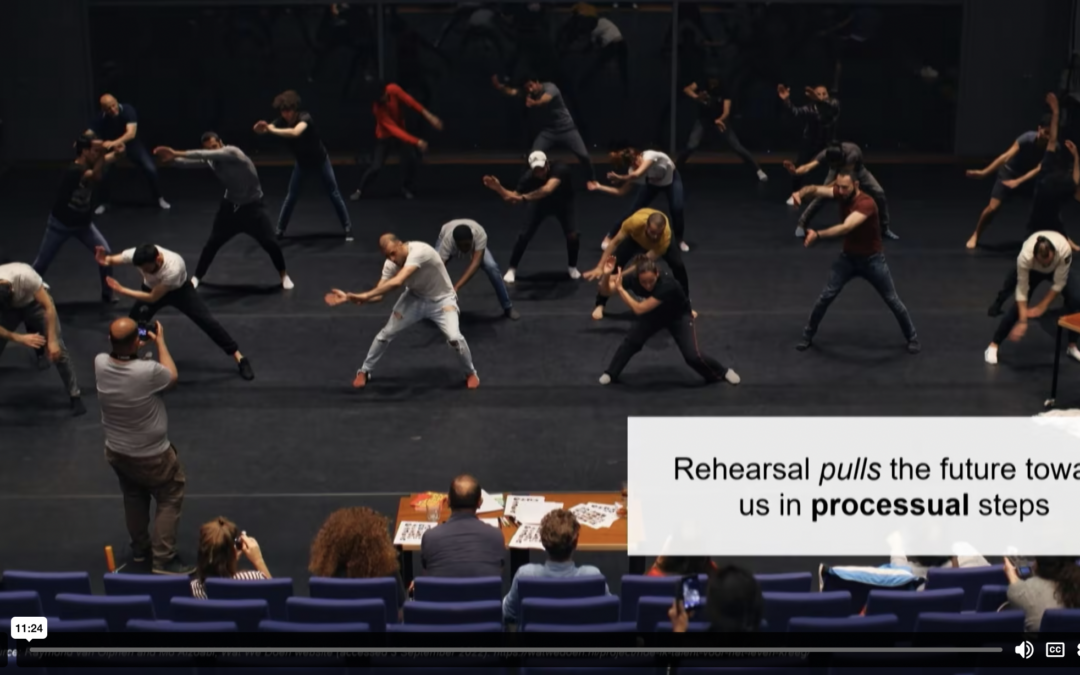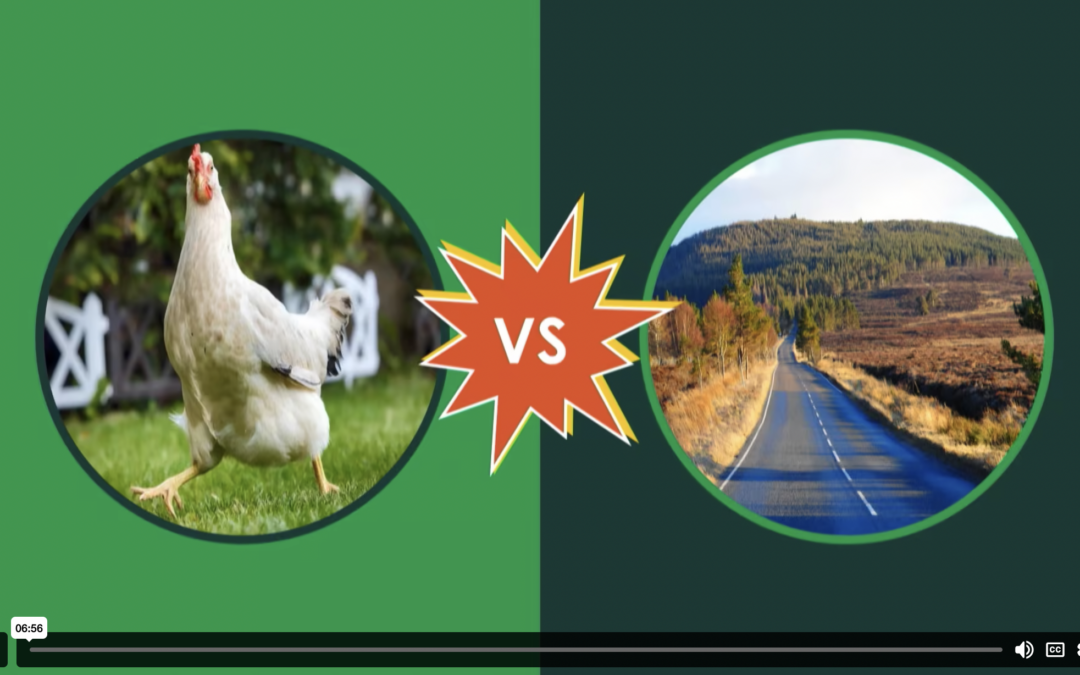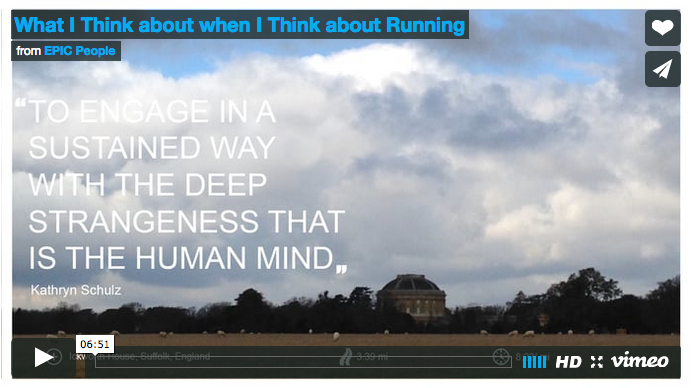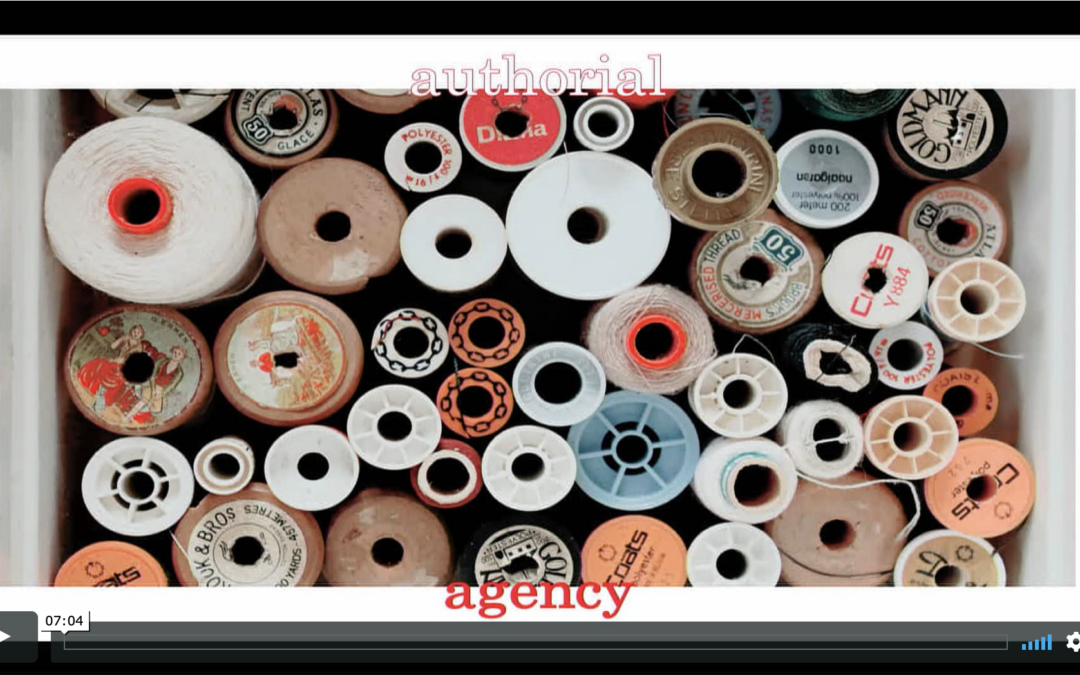Cultivating resilience while navigating uncertainty is crucial for refugees. In the Netherlands, after receiving asylum and the right to work, refugees are often urged to adapt or evolve in hopes of successfully integrating into the Dutch economy. How do forced migrants who pursue work in creative...






